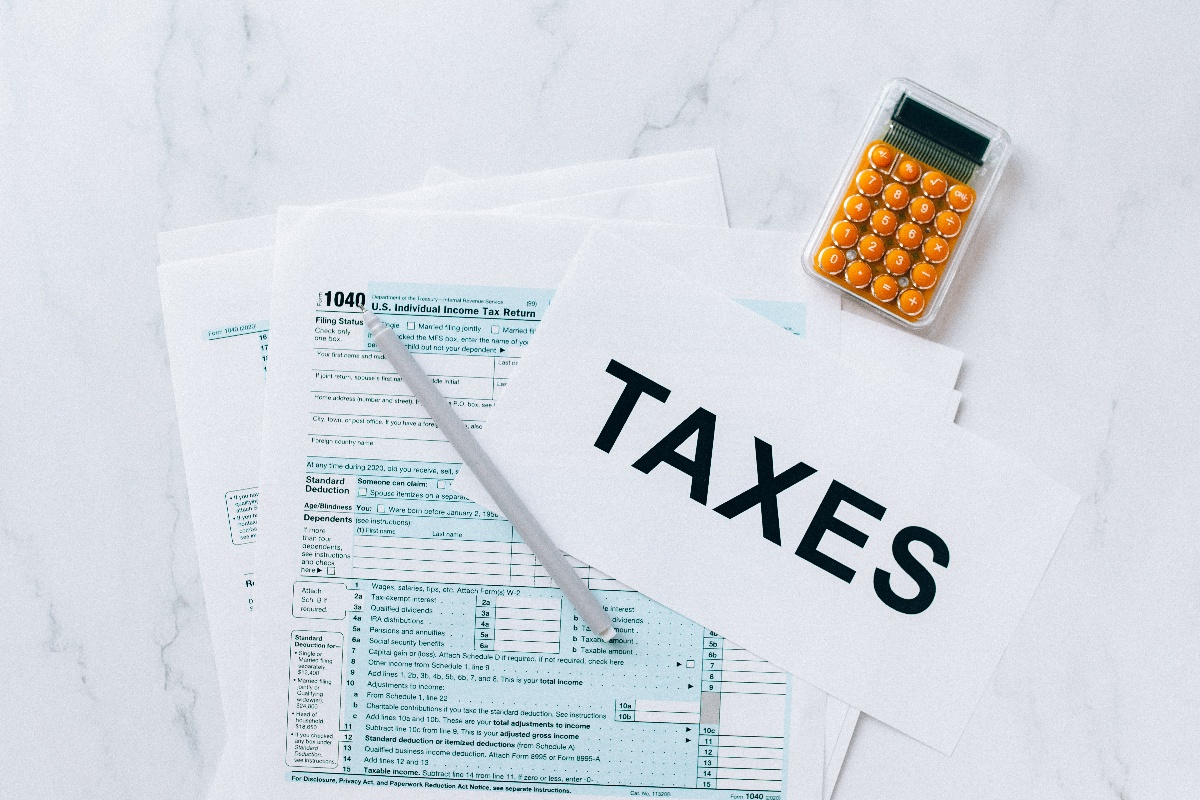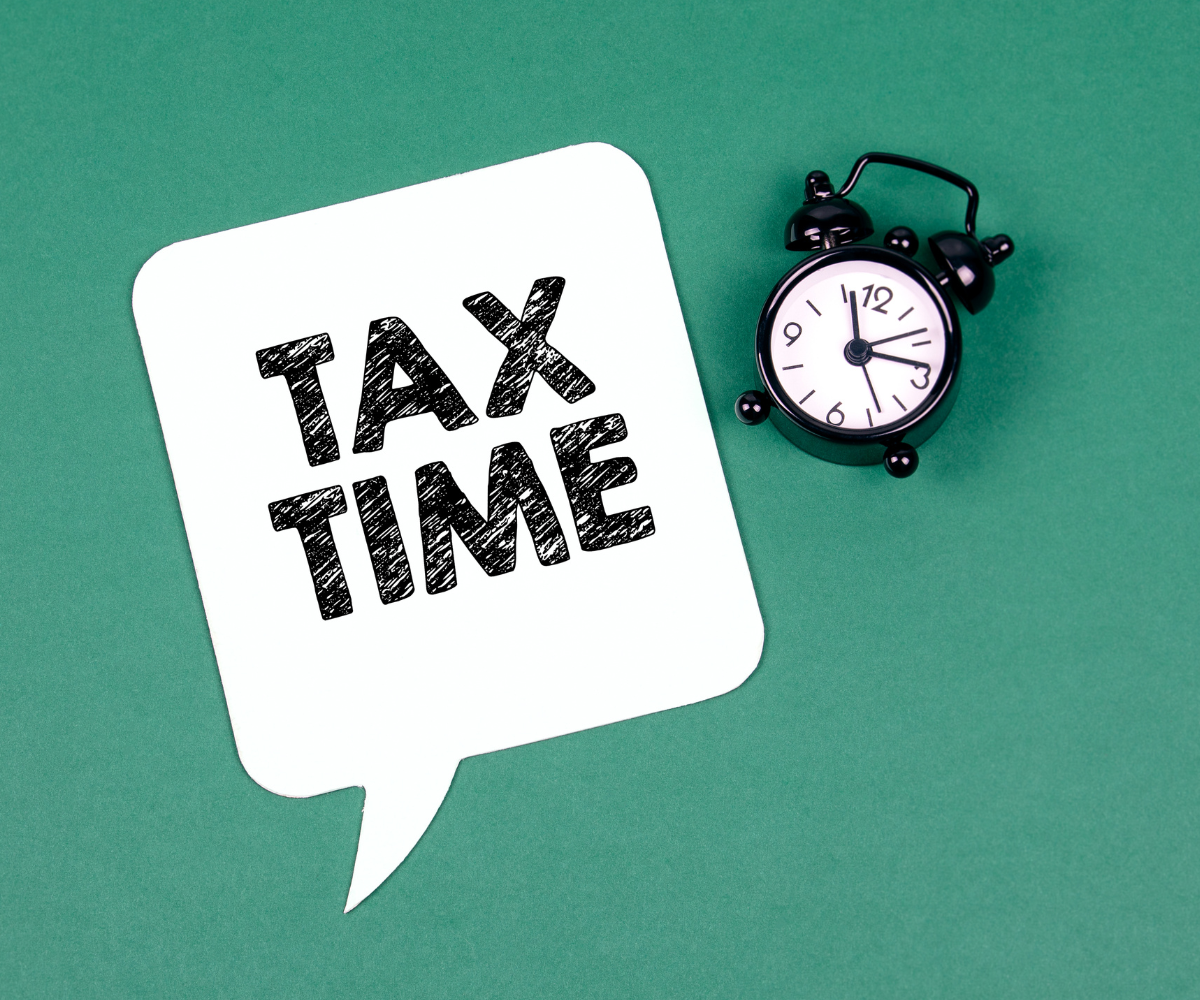February 08, 2022
With a lower taxable income, you'll pay fewer taxes. The IRS allows for standard deductions that reduce taxable income. These fixed amounts change depending on your filing status.
 For some people, taking a standard deduction gives them the lowest possible tax bill. For others, itemizing can save a great deal of money at tax time. The IRS allows taxpayers to deduct things like property taxes and medical expenses under certain circumstances. In fact, the list of possible deductions if you decide to itemize is extensive.
For some people, taking a standard deduction gives them the lowest possible tax bill. For others, itemizing can save a great deal of money at tax time. The IRS allows taxpayers to deduct things like property taxes and medical expenses under certain circumstances. In fact, the list of possible deductions if you decide to itemize is extensive.
Standard Deduction
According to the IRS nearly 70% of taxpayers choose the standard deduction. There's no need to save receipts to substantiate claims and you can still choose the most appropriate filing status for your situation. Standard deduction amounts are adjusted for inflation each year. For filing year 2018 (2017 tax year), the amounts are as follows:
- Single: $6,350
- Married (filing separately): $6,350
- Head of household: $9,350
- Married filing jointly or qualified widow(er): $12,700
People who are blind and/or over the age of 65 can add $1,250 to their standard deduction.
If that person is single or head of household, their standard deduction is $1,550 higher than it normally would be.
Exceptions to these rules include a taxpayer listed as a dependent on someone else’s tax return. Their standard deduction is the greater of $350 plus their earned income or $1,050.
About two-thirds of people who file tax returns choose to take the standard deduction. It reduces the overall tax bill without the need for extensive record keeping and expense tracking. It’s useful to understand your potential standard deduction amount to estimate if itemizing may help lower your taxable amount more than taking the standard deduction.
Itemized Deductions
If the amount of deductible expenses you paid in 2017 is greater than the standard deduction you qualify for, itemizing could leave you with a lower tax bill than taking the standard deduction.
The list of expenses you can deduct from your taxable income according to the IRS is long. Here are a few of the most common expenses that taxpayers choose to itemize:
- Charitable contributions
- Medical expenses
- State and local income taxes
- Property taxes
- Mortgage interest on a primary home
- Uninsured losses due to theft, fire, flood, etc.
- Interest paid on student loans
People who own a small business, own rental property, or do freelance jobs often choose to itemize their deductions. Travel expenses including mileage, office equipment, advertising, office space, and insurance premiums are just a few of the available deductions.
The best way to know whether you’ll get the biggest tax break by itemizing or taking the standard deduction is to consult a tax professional. They are educated about the most recent changes to the tax code and can help you understand your options.
A tax professional can help you make the best decision for your individual financial situation. If you decide to itemize, they’ll help you find all of the deductions and credits you can claim to reduce your tax bill and possibly increase your refund amount.
Taxes can be overwhelming. That's why we've created the Sunset Finance Guide to Tax Returns to provide you with more information.
Related Posts
January 15, 2026
January 08, 2025








